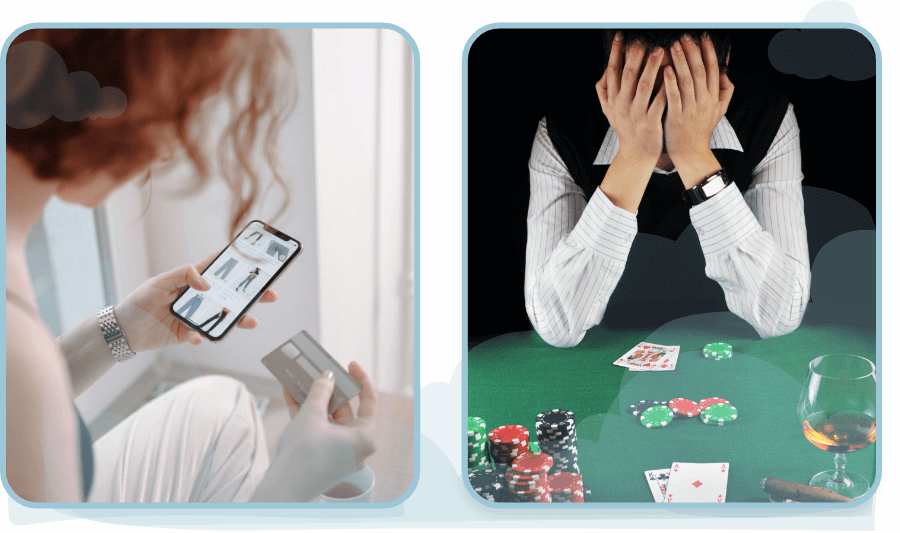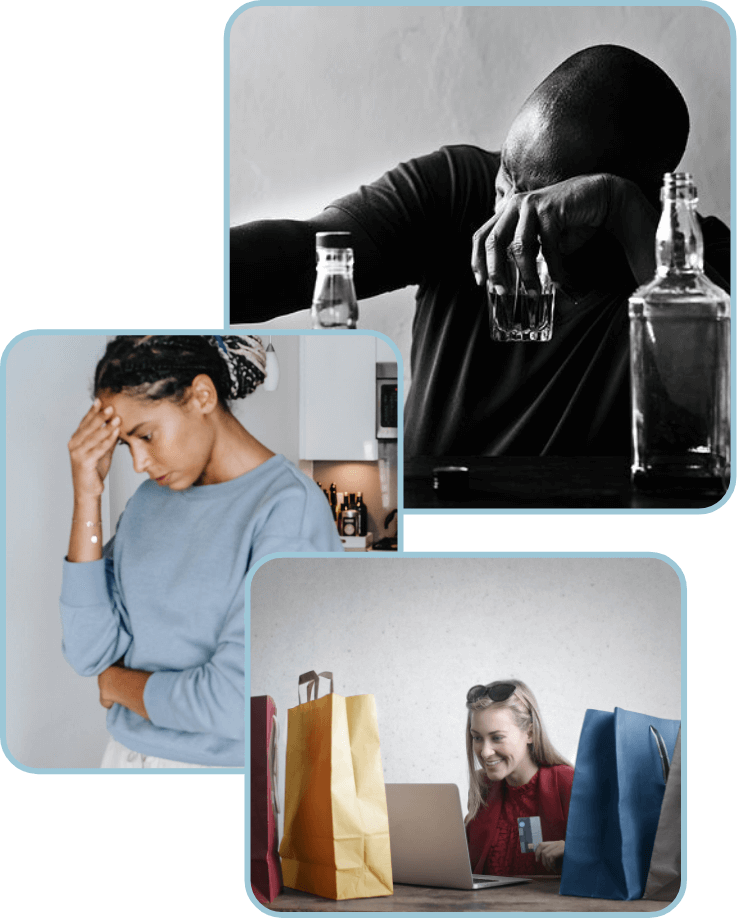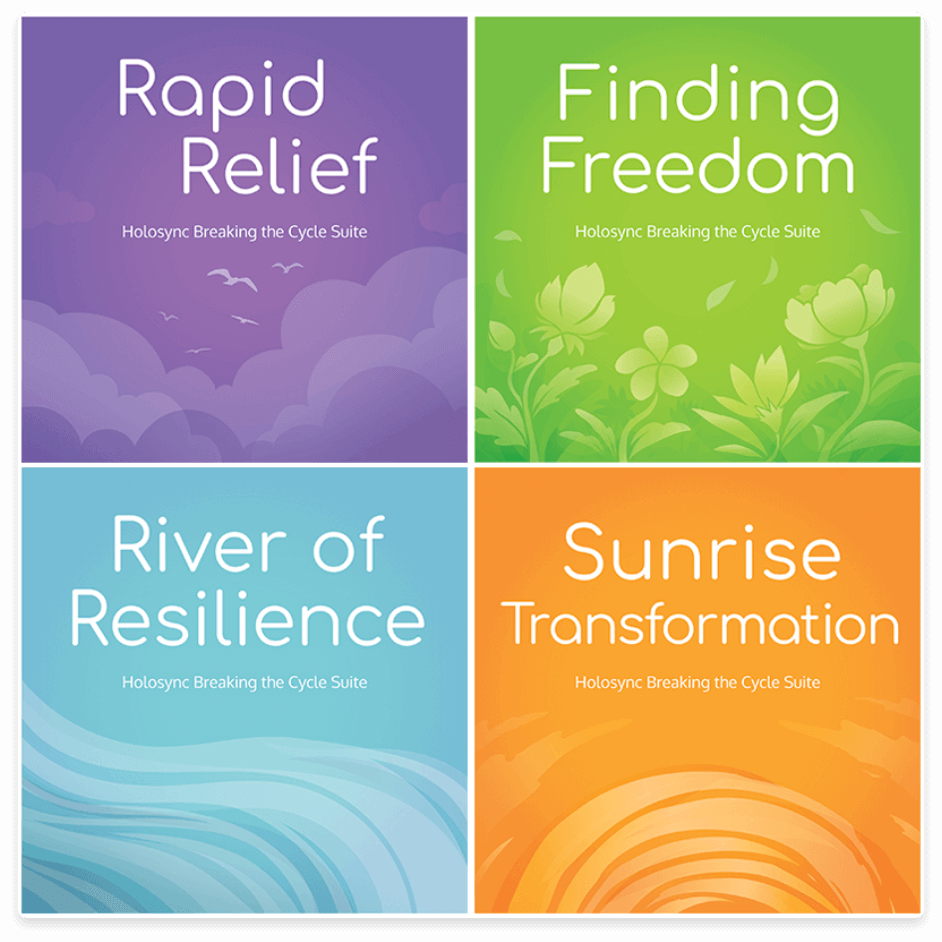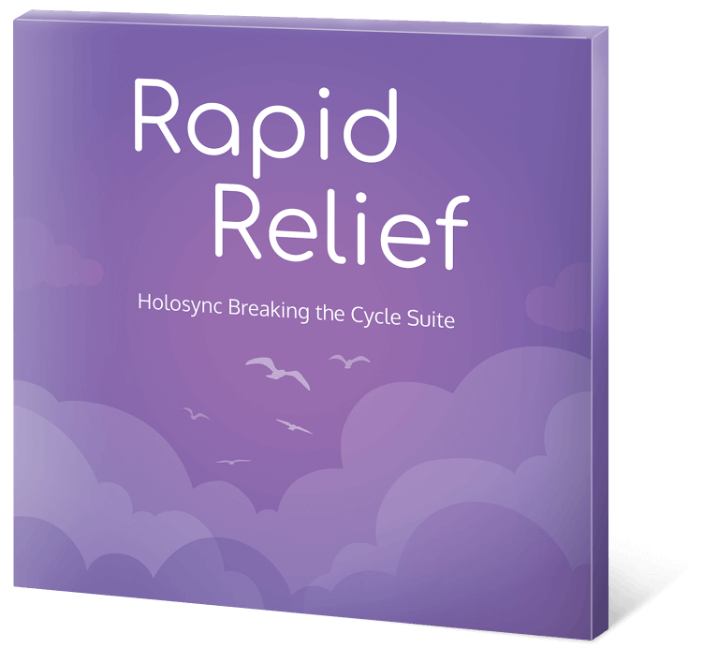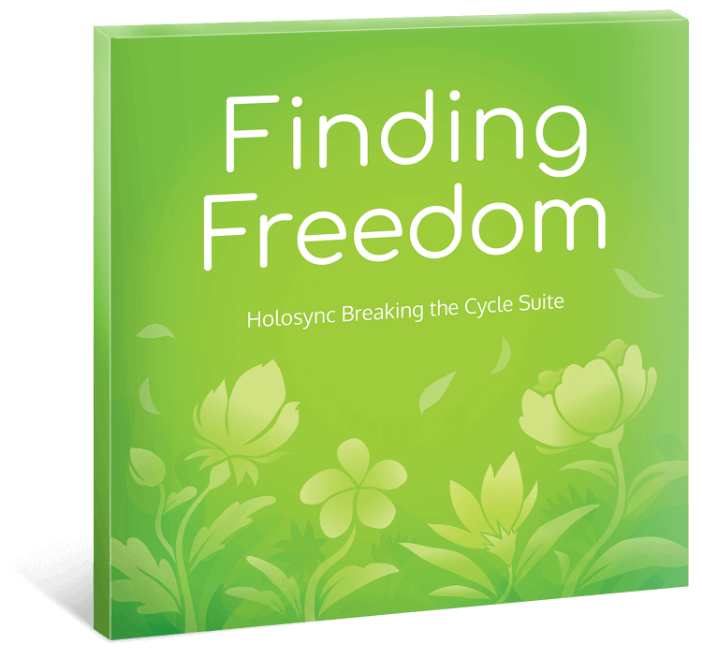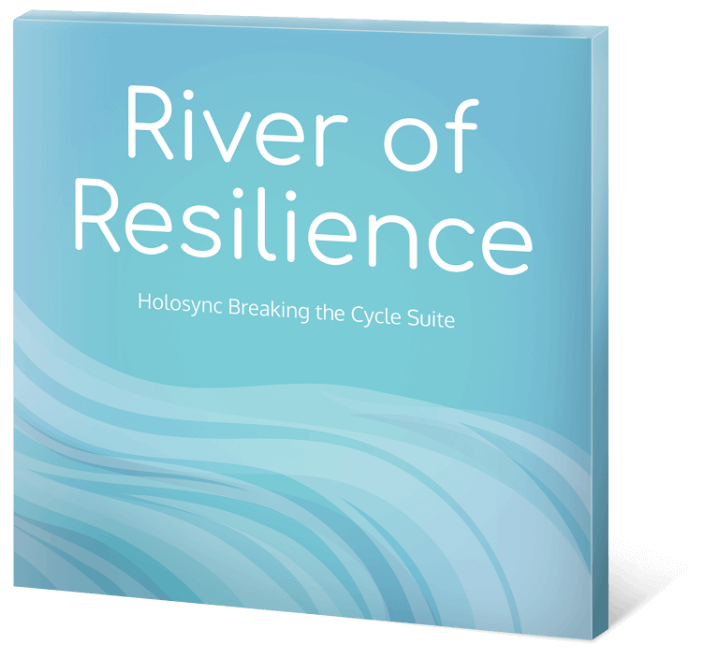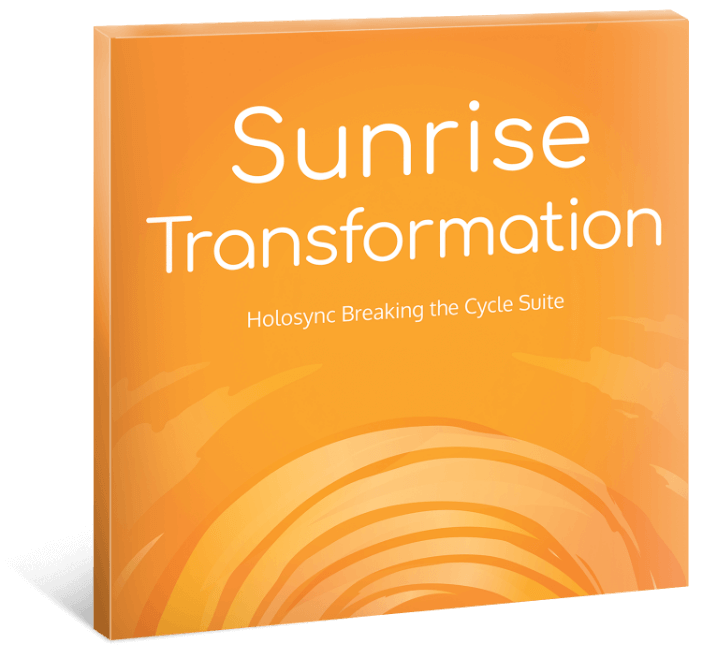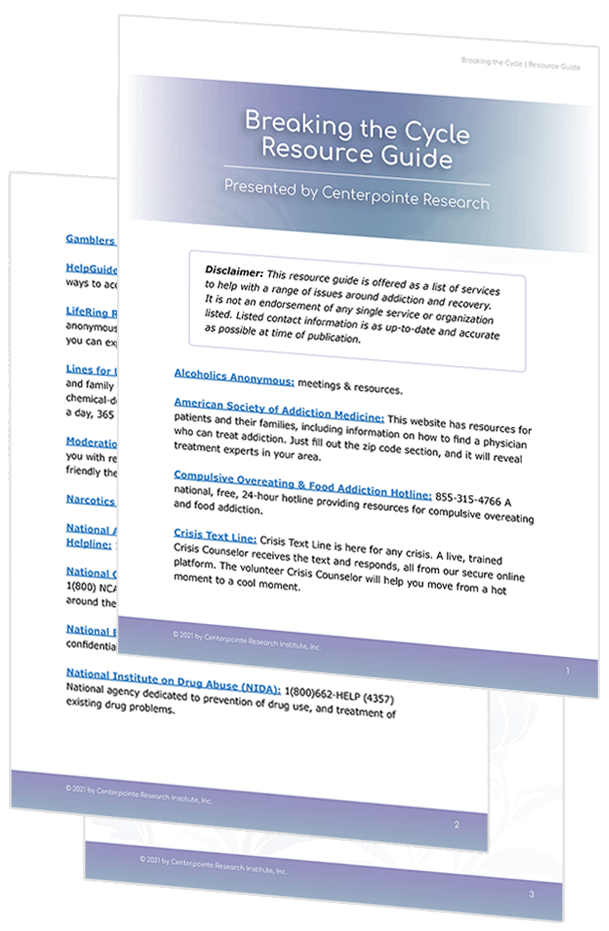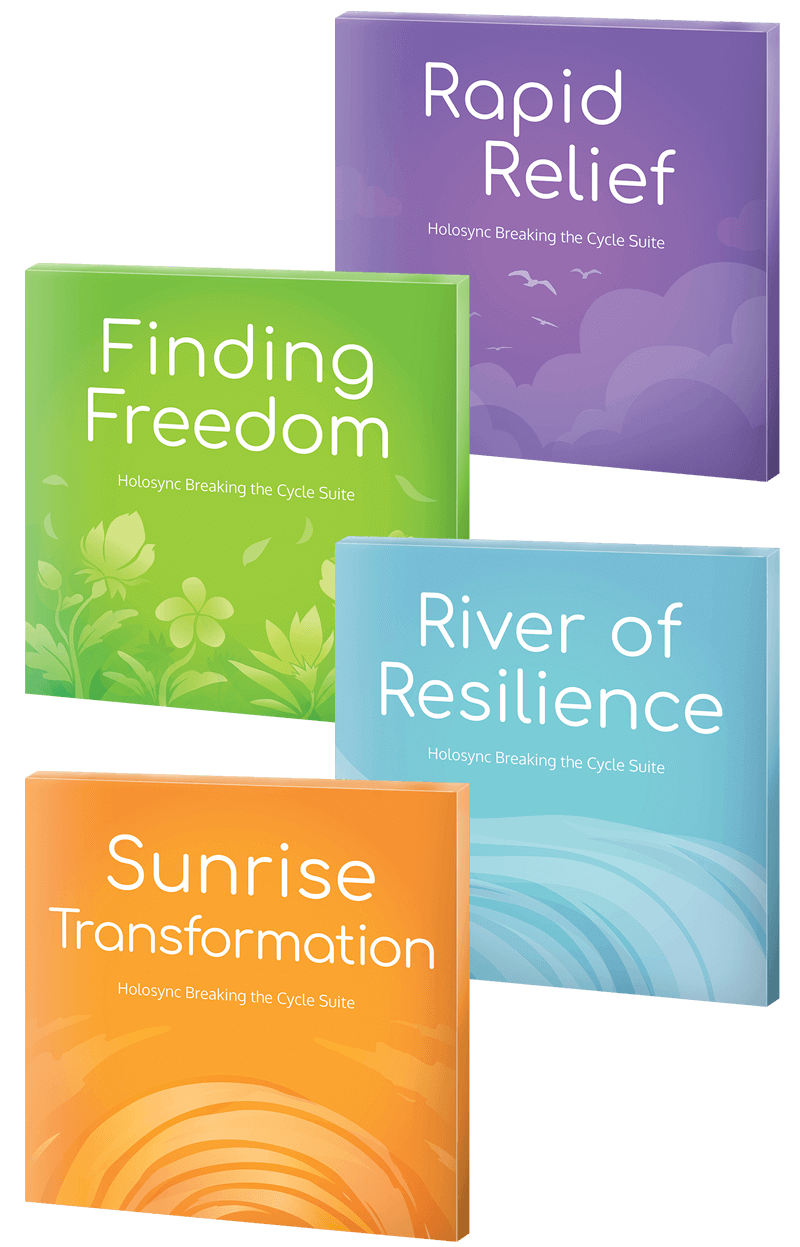Do you ever…
...talk yourself into having one more piece of cake even though you want to lose weight?
...rely on alcohol to deal with a tough day at work or to get to sleep at night?
...spend too much time on social media or surfing the internet?
...watch hours of TV to “take your mind off things?”
...make up excuses for not finishing a project?
Sadly, many are unaware that they are addicted to counterproductive behaviors and habits that can poison their attempts at achieving a happy, fulfilling life.
And when you know where to look, you can even spot the side effects of addiction.
Here are more signs to look for when it comes to noticing addictive behavior in yourself or your loved ones:
- You try to rationalize your addictive behavior even though it’s making a negative impact on your life.
- You miss work or homework assignments because you’re distracted by your addiction.
- You feel annoyed and uncomfortable when you are kept from your addictive behavior.
- You cancel plans you’ve made so you can engage in your addictive behavior.
- You ignore your loved ones in favor of your addictive behavior.
- You spend money you don’t have to further the addiction.
If you’ve noticed any of these signs in your life (or in the life of someone you love)...
...then there is likely an addiction at the root of the problem.
These might not look like your typical serious addictions. But if you’re repeating these behaviors over and over, and if they’re keeping you from accomplishing your goals and living the life you want, it means you’re stuck in a pattern of addictive thinking and acting that’s holding you back.
But to truly address addiction effectively, you need to understand how these behaviors form in the first place.
The true origin of the silent beast stalking your every move is…
...stress.
Why Does Stress Lead to Addictive Behavior?
The answer is right between your ears: it’s your brain.
When we’re faced with a difficult situation, it activates the limbic system - the source of our fight or flight response in the brain.
Our limbic system seeks the easiest, most instantaneous relief to whatever triggered it.
This relief can come in the form of a donut, a cocktail, a joint, a phone screen, a $50 blackjack hand, scrolling through social media, having sex, or other behaviors that evoke a quick spurt of dopamine - the neuro-chemical that gives a sense of pleasure.
But every time we cope with stress in this way, we risk our brains becoming reliant on that same behavior - and the dopamine produced by it - whenever we encounter a stressful situation.
This is the soil from which an addiction can root.
If left unchecked, your brain will start to see that behavior as essential to your survival - as important to your “well-being” as food and water.
Once addicted, the smallest stressor will trigger the desire for that behavior - and before you know it you’re eating a tub of ice cream every night, smoking a pack of cigarettes every day, buying things you don’t need with money you don’t have, or scrolling for hours through negative social media posts…
...just to get that hit of dopamine so you feel “good” again.


